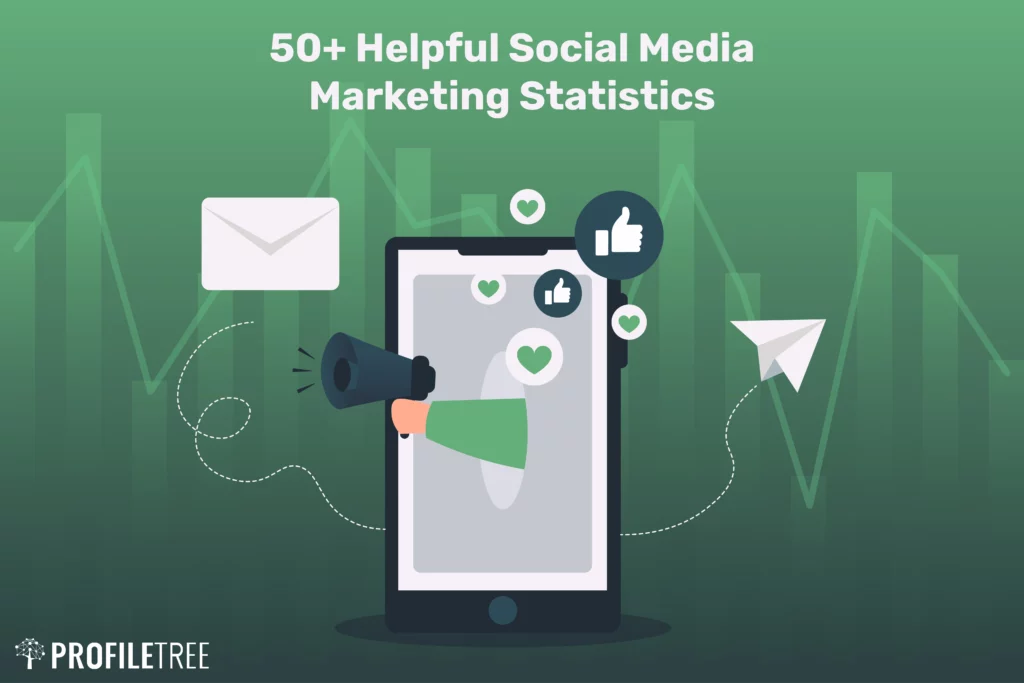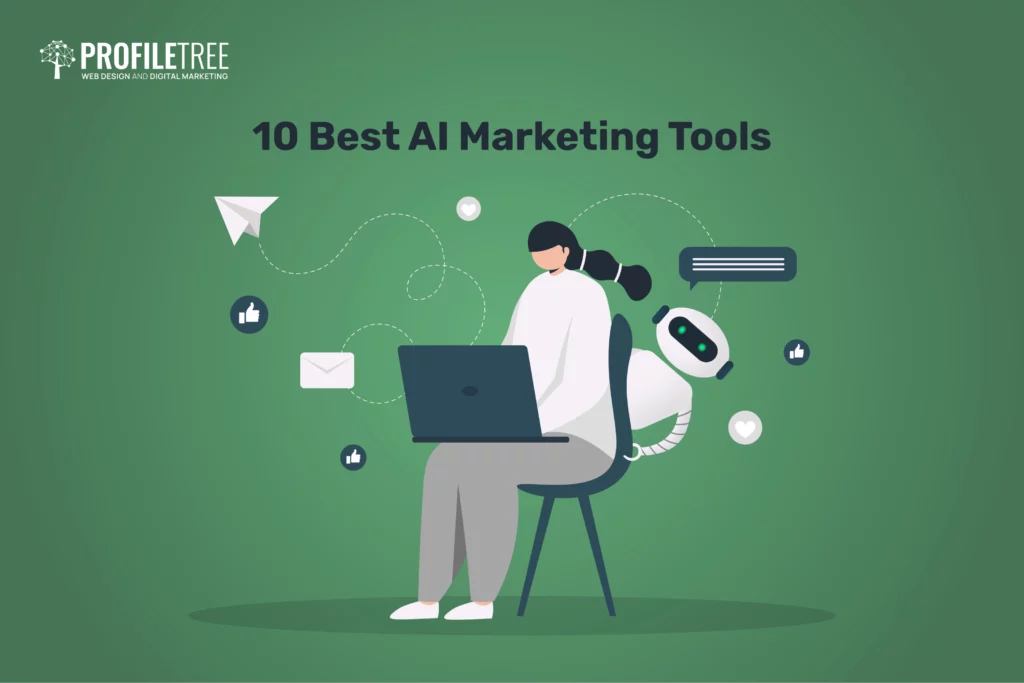When understanding the definition of Social media, there is no doubt it’s had a tremendous impact on culture, business, and the world at large. It has changed our daily habits, routine, and communication. Social media is by no means less revolutionary than the invention of mobile phone devices in the 80’s.
So, what is the definition of social media? What does it refer to? How is it changing the way millennials connect? And what kind of an impact will it have on society? All these questions and more in the upcoming paragraphs.
In today’s hyperconnected world, social media has become an indispensable tool for communication, information sharing, and self-expression. It has fundamentally altered the way we connect with friends and family, consume news and entertainment, and engage with brands and businesses. The sheer scale of social media’s reach is staggering, with over 4.66 billion active social media usage is at an all time high worldwide, representing nearly 60% of the world’s population.
This vast audience has not gone unnoticed by marketers, who are increasingly turning to social media platforms to reach and engage their target customers. In 2023, global social media marketing spend is expected to reach a staggering $227.80 billion, a clear indication of the immense opportunity and importance of social media in today’s digital landscape.
Social media’s impact extends far beyond its role as a communication platform. It has become a powerful tool for influencing consumer behaviour, shaping public opinion, and even driving social change. Brands that effectively leverage social media can build loyal customer bases, enhance brand Internet reputation, and ultimately achieve their business goals.
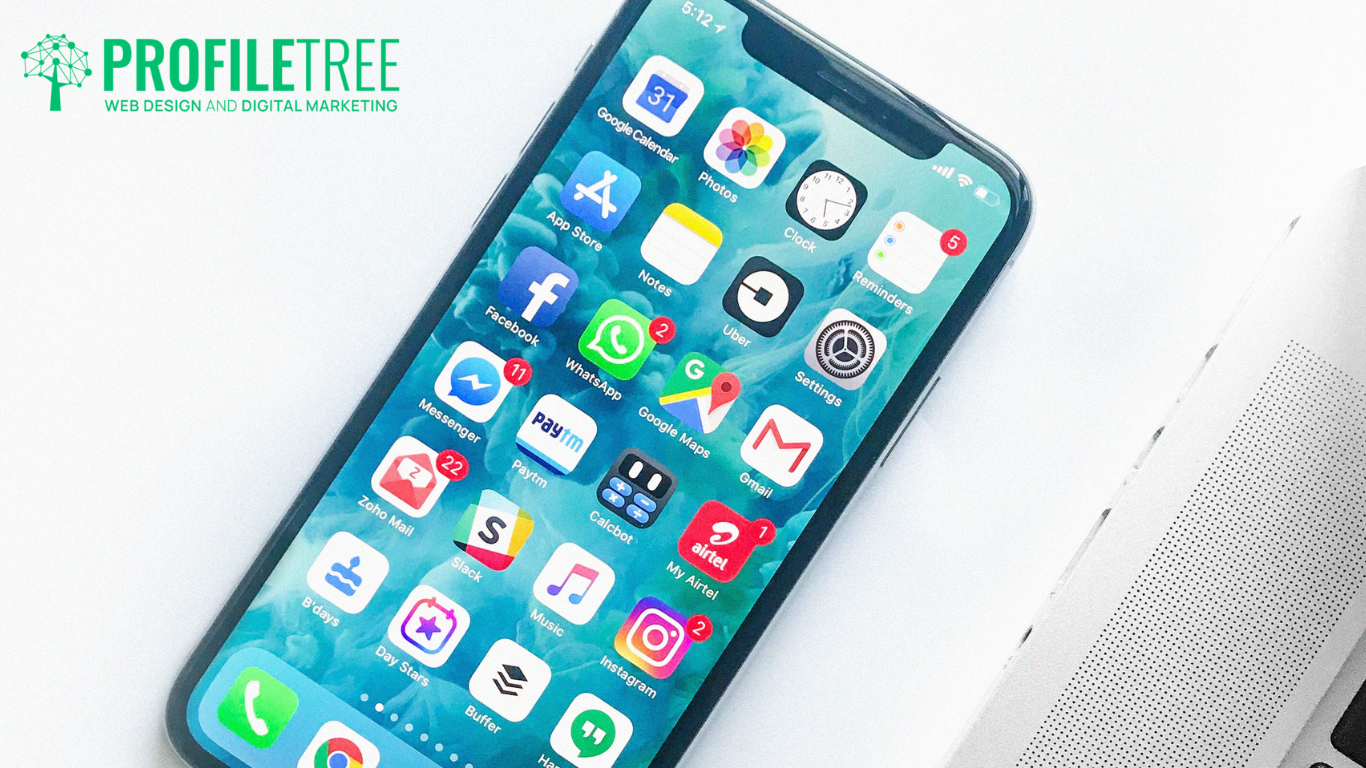
However, the ever-evolving social media landscape presents challenges as well. With new platforms emerging, user trends shifting, and algorithms constantly changing, staying ahead of the curve requires a deep understanding of social media dynamics and a willingness to adapt.
To fully grasp the significance of social media, this blog will delve into the definition, history of social media and its evolution over time. We must explore the different types of social media platforms and their unique functionalities to understand the use of social media and its potential.
Understanding the core principles of social media engagement, such as user profiles, connections, content sharing, and metrics, is crucial for navigating this complex digital ecosystem. It is equally important to examine the impact of social media on society, both positive and negative, and to consider the ethical.
Table of Contents
The Definition of Social Media
Ever wondered, what is social media? The term “social media” refers to websites for social networking that are dedicated to community-based input, interaction, user-generated content, and collaboration. A social media website, or platform is defined as a space where users can create a circle of connections, create their personal content, and contribute to that platform through social interaction.
These platforms differ in themes, nature, and features, yet they all unite in performing the same function. Social media is like a social café, especially for millennials. That’s where they meet new people, gather up, share laughs, thoughts, opinions, and serious issues as well.
What Makes Social Media an Influential Tool?
History of Social Media
The first formal definition of social media came about in the early days of the internet, when bulletin board systems (BBSs) allowed users to connect and share information.
In the mid-1990s, the first social media platforms began to emerge, including Six Degrees (1997), Friendster (2002), and MySpace (2003). These platforms were primarily focused on connecting with friends and family, but they also laid the groundwork for the more sophisticated social media platforms that we use today.
See Also: Why Use Social Media?

Social Media’s Impact: Unveiling the Positive and Negative Consequences
Definition of Social Media: Benefits
Connecting the World: The Effects Of Social Media
- News
Social media platforms are the substitute for newspapers and magazines. Electronic media has allowed users find out all the latest news through social media. Local and global news alike, they are all available on different platforms.
Megatrends and events, such as the World Cup or the Royal Wedding, receive an enormous coverage on social media accounts. In addition, many users use social media to know what’s out and about in their local community as well. Users share content that is relevant or important to their surrounding area. Whether it’s a concert, a business seminar, or an educational course, there is something for everyone.
- New Exposures
We consider this to be the most influential benefit. Social media posts expose users to cultures, values, and concepts they would’ve never been exposed to if it was not for social media. That bridges the cultural gap between different nations.The world needs that. It helps humans understand what the people on the other side look like. New exposures acquaint us with different points of view, new ideas, and opens a channel to research those opinions and discuss them with others. It is a healthy phenomenon for the whole world to discuss ideas and bring them to test together.
- Long Distance Connections
Social media allows many people to reunite with their school friends, old colleagues, and others they had not been in contact with for a long time. Moreover, families and friends who are separated by distance for any reason, such as studying abroad, can easily connect and communicate with each other through these channels, including mobile social media. This makes communication readily accessible and we are encouraged by social media to stay in touch. In addition, social media has paved the way for finding people with similar interests all over the world, working as a form of advertising and promotion for many. An example: Sometimes it’s not easy finding fellow stamp collectors, Swahili language learners, or chess players. Once again social media helps people connect with their doppelgangers from all around the world!
- Educational Purposes
Social media has become the easiest way for high school and college students to connect. Official educational organizations now communicate with their students through social media. They can easily share updates, announcements, files, and material with entire departments with a click. In addition, students form groups and get to know each other better on social media.
A Voice for the Voiceless
Other than connecting people, social media has opened up a gate for many individuals who were voiceless to speak up their minds. Individuals suffering from social anxiety, depression, Asperger syndrome, used social media to mingle with their community.Furthermore, minorities have also found a chance to discuss their issues and receive global attention. That has had a positive impact on many issues. Many of these groups have managed to raise awareness and fund charities for their cause through social media.Differing platforms allow expression and self-presentation on social media, which is extremely powerful for self esteem, demolishing censorship and advocating freedom of speech.
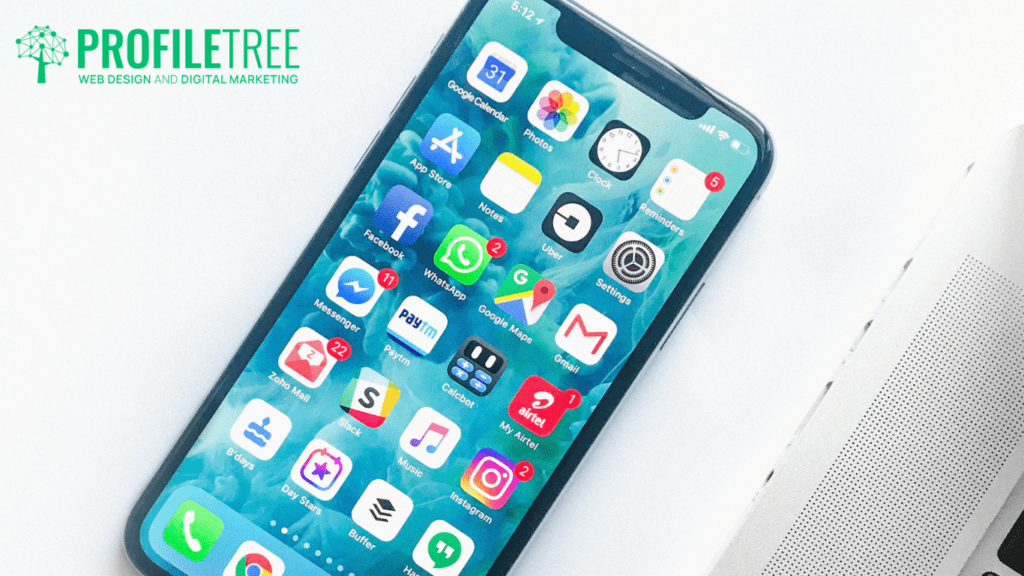
Businesses and Start-ups: Low budget marketing
Social media marketing is a huge benefit. Social media can help businesses and start-ups to expand and grow.Social media has opened a door for small and local businesses to promote themselves to a large base of audience. Before social media, marketing was exclusive to giant companies and small businesses had no way except word of mouth to promote themselves. Now even home-based businesses buy and sell products on social media. Businesses, small or large can now promote to online social networks like Facebook or Instagram and create a social media strategy to best reach their potential customers as social media platforms are often a place where like minded people can gather.
Negative Effects Of Social Media
Social media has had a profound impact on society, both positive and negative. On the positive side, social media has made it easier to connect with friends and family, share information, and organize around common causes. It has also given rise to new forms of creativity and expression.
Increased social media use has been linked to a number of negative consequences, including:
Increased social isolation
Studies have shown that people who use social media frequently are more likely to feel lonely and isolated than those who use social media less frequently. Extensive use of social media promotes isolation, comparison and negative self image. There fore it is important that when allowing children to use social media, consider the effect of social comparison for a young person, implementing restrictions on use can be very beneficial at a young age.
Depression and anxiety:
Social media can be a source of stress and anxiety, especially for young people. The constant stream of information and images can be overwhelming, and the pressure to present a perfect online persona can lead to feelings of inadequacy.
The most brutal attack on social media is its privacy issues. Any information or data stored on the web is prone to being stolen by hackers.
The nature of social media involves personal information being shared on social media. Including photos, email, location, phone number, etc. Users have been worried about the entities they share their data with and what they do with it.
Of course, the organizations behind the platforms try their best to ensure their users’ privacy. However, mistakes do happen. The most popular privacy violation is that known as Facebook-Cambridge Analytica breach. All platforms are developing more security for their users to avoid similar breaches.
Social Media Addiction
Social studies suggest that people are spending more time on social media than they should. This has caused experts to worry about users, mostly teenagers, becoming addicted to these platforms. In particular, teenagers fall victim to having self-esteem problems when comparing their lives to other users on social media. Social media participation, means exposure to unregulated content, constantly.
Overusing social platforms disturbs people’s lives and wastes their time that they can spend doing more useful activities. Moreover, when users get so extensively involved, they eventually shut off from their society and lose communication with their real surroundings.
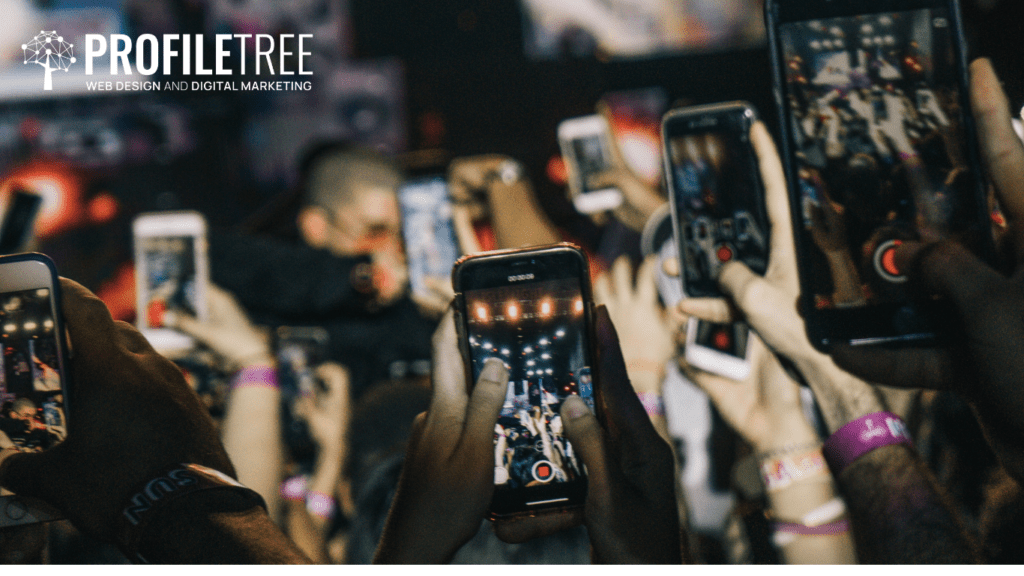
Cyber-bullying
The nature of social media plays a huge role in facilitating cyber-bullying and harassment. Some take advantage of not having to face the victim and use that to impose threats and insults to victims.
Others may create fake accounts to hide their identity and do anything illegal or threaten targets as well. Social platforms also put policies to minimize that as much as possible, yet it still concerns many users.
Definition of Social Media: Platforms
The use and volume of social media platfroms grows daily. Facebook, YouTube, and X currently remain as some of the most well-known. There are also Snapchat, Tumblr, and Instagram. We have covered these major social networks in previous articles. So, in this article we shall give a brief on LinkedIn and Wikipedia only.
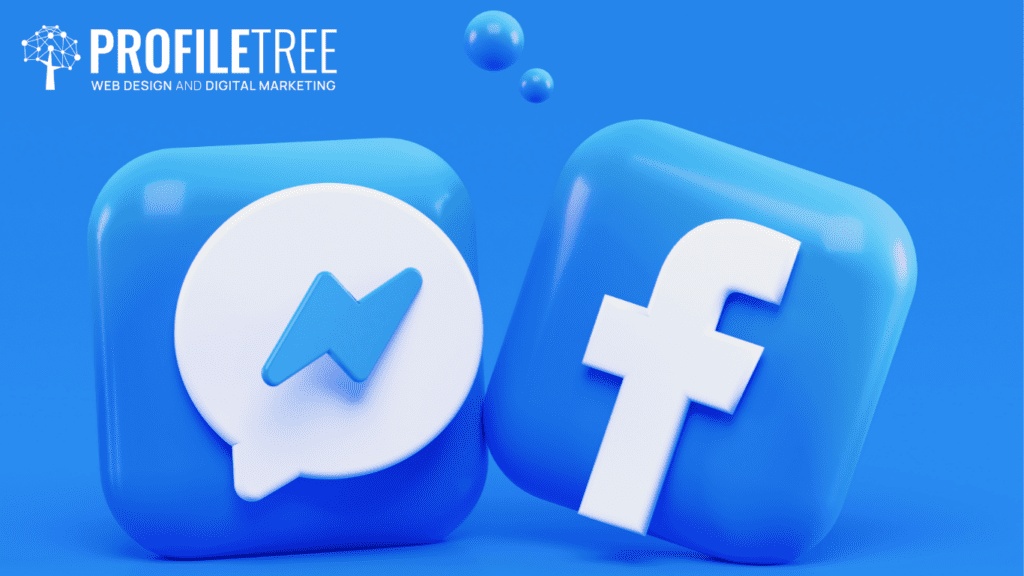
LinkedIn is a platform for the business community. It connects the global network of business professionals from all industries and allows users to share content relevant to the business sector. The business community has been establishing more connections and interrelations since the 80’s. Today, thanks to LinkedIn, business organizations and employees can easily communicate.
Everyone can benefit from the platform whether it’s a business-to-business, business-to-employee, or employee-to-employee. Companies post jobs and receive applications, and establish a friendly identity to attract the best candidates. On the other hand, employees pass on their knowledge, experience, and tips. Moreover, employees also use LinkedIn to expand their circle of connections which has a positive impact on their career choices.
Linkedin is now seen as an invaluable professional networking tool, with a user-friendly interface. This platform makes it easy to connect with past and future colleagues, potential employers within the industry and establish relationships with global businesses. It’s reputation has now become extremely high in regard and something of an essential tool within professional networking.
Wikipedia
Wikipedia is a major platform that many people overlook when considering social media. It is a gigantic free encyclopedia written collaboratively by people who use the platform. Users make contributions by adding creating articles about tons of subjects. They add information and references, do editing and make modifications, and translate pages from one language to another.
Wikipedia is the largest and most popular general reference work on the Internet. It currently covers 291 active languages.As aforementioned there are many social media platforms to choose from, dependent on your needs. Social apps can be downloaded directly to your phone or accessed via desktop on computer.
Definition of Social Media Marketing: A Guide to Effective Utilization
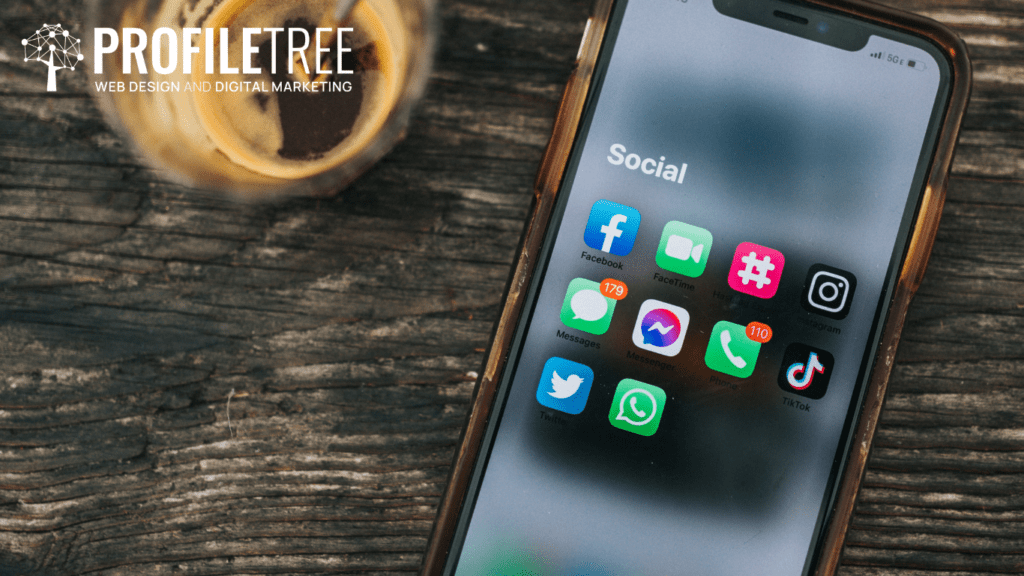
Brand Awareness
Being the place for news, updates, and gossip, social media is also the place where a business should be. Ask yourself, what is the purpose of any advertising or marketing plan? Isn’t it to get recognition and educate the consumers about a business? Indeed. The emergence of social media pushed “brand awareness” to a new epoch. A strong online social presence gives your brand the exact amount of recognition it needs through consistency, identity and voice, and distribution.
Customer Service
Users, especially millennials, would rather contact companies through social media than through the phone. It is less of a hassle and more convenient on the run. Meanwhile, companies want to reduce the amount of wait time in call centers or during face-to-face operations. When it comes to customer service, social media is a win-win situation.
Advertising
With billions of users all over the world, social platforms do not fall short on audience. Advertising is the way these platforms make profit: by placing sponsored ads to users. The revolutionary feature about social media marketing is the ability to select the target audience. Ads are no longer random, they are tailor-made for their specific audience.
Feedback
For the first time ever, the business-to-consumer marketing became a two-way conversation. Both sides of the conversation share their input to give a business a reputation. Users can add a review of a business on social media, share their good/bad experience, or even generate their own brand-related content. This gives companies an immediate feedback on how their business is doing.
See Also: Benefits of Social Media Marketing
Definition of Social Media: Achievements
Crisis Response
Crisis Response is one of the most influential additions to social media, and Facebook takes credit for it. What is crisis response? It is a feature where users can find out information about recent crisis taking place in any corner of the world. A crisis could be a flood, a hurricane, a mass shooting, or any dangerous situation affecting many.
Using Safety Check, users in the affected areas can mark themselves safe to let their loved ones know they are away from trouble. Through crisis response one can give or find help in the affected area. Fund raising for the crisis can also be done through crisis response feature.
The Me Too Movement
The Me Too movement is an international movement against sexual harassment and assault. It started as a hashtag that came to life on social media in November 2017 and went globally viral.
Using this hashtag, millions of women all around the world shared their stories about sexual harassment they’ve faced. Several high-profile celebrities have took part in the movement and shared their own experience as well. This has given many women a voice to expose their assaulters. The movement is now a well-recognized one and has raised controversy in many countries.
Definition of Social Media: Terms to Know
Newsfeed
Newsfeed is the homepage for any user once he/she logs in to his/her account. This is where users can see all the latest updates from their friends and list of followers. When a user or a business shares a post, it shows on their friends and followers’ newsfeed. Some platforms call it the “timeline,” they both refer to the same thing.
Hashtag
A hashtag is a way of gathering up collections of information on social media. For example, when there is a trending topic such as the royal wedding, people start using the two words “royal wedding” in their posts. So, in order to group all these posts together and make them easier to find, we came up with hashtags. To use a hashtag, you add the pound sign “#” before a word or more, without adding spaces: #Royalwedding.
Like/Favorite/Comment/Share
These are all reactions through which users respond to content. Reactions are the way to a quick response to any content being shared on social platforms. Since the main function of social websites is creating user-generated content, reactions are a main part of any platform.
Mention
A mention is the way for a user to engage another user in a specific post or event. When you “mention” a user, a notification is sent to the person mentioned. The same thing happens when you reply to a friend’s post. You mention his/her name by writing their name preceded by the symbol “@.”
Definition of Social Media: Future of Social Media
When considering the definition of social media, it is important to note that the future of social media is uncertain. I believe it is clear that social media will continue to play a major role in our lives as our use of social media platforms grows. New technologies, such as artificial intelligence and virtual reality, are likely to have a significant impact on the way we use social media. It is important to be aware of the potential benefits and risks of social media so that we can use it responsibly.
So, what is the future of social media? Will it be outdated soon? What about the current major social platforms, will they continue to dominate the Internet? Only time will tell that for sure.
Experts are expecting that social media will continue to grow, side by side with all online activities, especially e-commerce. Definitely, social media marketing will be a basic marketing channel for every business.
Businesses will also use social media to handle more client inquiries and switch all their customer service work to online platforms. Furthermore, experts are suggesting that social media profiles will do a resume’s job in official contexts. For instance, employers may ask for an applicant’s social media profile to get to check his/her background.
Lately, the US announced that its embassies can ask visa applicants for social media history. This might be extended to all other countries in the future.
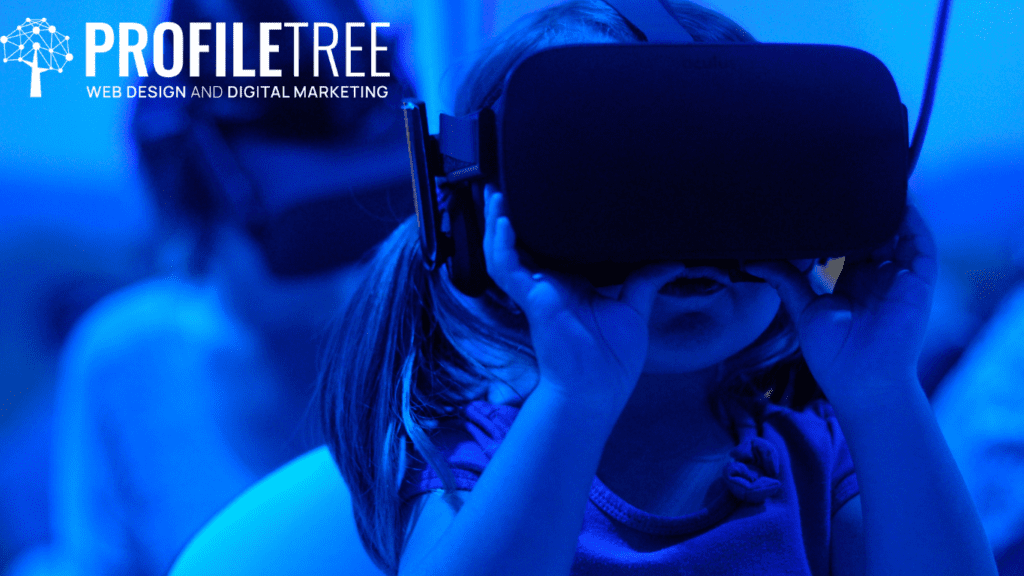
Definition of Social Media FAQ
Q: What are the different types of social media platforms?
A: Social media platforms can be broadly categorized into social networking sites, microblogging platforms, media-sharing services, and professional networking sites. Social networking sites, like Facebook and Instagram, focus on connecting with friends and family.
Microblogging platforms, such as Twitter, emphasize short-form text messaging. Media-sharing services, like YouTube and TikTok, prioritize sharing and consuming visual content. Professional networking sites, like LinkedIn, aim to connect professionals and facilitate career development.
Q: Which social media platforms are most popular?
A: The most popular social media platforms in terms of monthly active users are:
- Facebook: 2.91 billion
- YouTube: 2.56 billion
- WhatsApp: 2.41 billion
- Instagram: 2.26 billion
- TikTok: 1.02 billion
- Twitter: 330 million
Q: How can I effectively use social media for my business?
A: Effectively using social media for business requires a tailored approach that aligns with your specific goals, target audience, and chosen platforms. However, some general strategies include:
- Create engaging content: Share valuable and relevant content that resonates with your target audience.
- Optimize your profile: Ensure your profile is complete, professional, and showcases your brand effectively.
- Engage with your audience: Respond to comments, answer questions, and participate in conversations to build relationships.
- Utilize advertising tools: Leverage paid advertising to reach a wider audience and target specific demographics.
- Track your results: Regularly analyze your social media performance to identify what’s working and make adjustments as needed.
Definition of Social Media: Final Thoughts
As we exist in the era of social media, it is important to note that the social media landscape is constantly evolving, presenting both opportunities and challenges for individuals and businesses alike. By understanding the unique features, differentiators, and strategy guidance for each major social media network, you can effectively navigate this dynamic digital ecosystem, build a strong online presence, and achieve your social media goals.Remember to use social media for social interaction, not just promoting or advertising. It is all about connecting, engaging, and sharing valuable content that resonates with your audience. Embrace the power of social media to foster meaningful connections, amplify your brand’s voice, and drive meaningful outcomes. Using social networking in this way makes your business authentic and reliable to your customer.
The definition of social media is simply any website where users are the capstone. This includes any platform where users can communicate, create content, exchange it, or respond to it. They can expand their circle of connections, speak their mind, or get the latest world news.
The benefits of social media are countless. However, experts warn that that too much social media has a negative impact, so keep the balance. For businesses, social media marketing is an essential gate to a larger audience. Finally, the future of marketing is digital: applications and social media platforms will be the new home for customer service and advertising.
The definition of social media for us is clear: It is a valuable tool both personally and professionally.
